The dog, for one, doesn’t seem too concerned about the encampment. The person walking it spares a glance, but then follows the pet, crossing the grass without looking. It’s early evening on a Friday, the sun setting golden over the campus.
The tent flaps in the wind, as if to speak for itself.
This is Northwestern University, where the Northwestern Divestment Coalition recently took possession of Deering Meadow, burying the sea of grass beneath their tents. The group aimed to protest linkages between the school and the nation of Israel, in the midst of the country’s controversial conduct of its war in Gaza. That occupation lasted until Apr. 29, when Northwestern reached a deal with the protestors, allowing them to continue their activities until June 1, so long as–among other conditions–they remove all tents from the meadow save for one dedicated to “aid.” In exchange, Northwestern opened up a program to fund attendance of the school by up to five Palestinian students, and would pay two Palestinian staff members for two years.
In the wake of encampments springing up at Columbia University on Apr. 17, mass protests and encampments have rippled across campuses nationwide, igniting fervent calls for change. These protests, orchestrated by diverse student groups, have sparked a nationwide conversation about divesting from Israeli companies and defense manufacturers supplying weapons to Israel, galvanizing support from campuses across the United States.
Among those protests was one at the University of Chicago, where, in the early morning on May 7, police were called in to rid the campus of its own group of tents. Meanwhile, at Northwestern–a 42-minute drive from UChicago–a number of fliers, handmade signs, Palestinian flags, and that single tent are all that remain of the Deering Meadow protestors, though the area remains watched by police.
According to Ammar, a college graduate and nurse who took part in the Northwestern protests, most pro-Israel students there “stay quiet, because they see the majority of people” on the campus support Palestine.
“There’s [sic] always counter-protesters, and people showing up and, you know, trying to record people and doxxing them,” Ammar said. (“Doxxing”, as Florida State University explains, means unwantedly revealing others’ personal information online.) “But compared to what we’ve seen outside Chicago, it’s about all.”
UChicago protestors have had a different reception, with the group Reclaim Our Quad, starting a petition to have the encampment removed. Members of the group, Perry Zhao and Declan Hurley, spoke of protestors keeping the school from “‘properly functioning,’” while Maroons for Israel president Joshua Weisskopf described the protests as “‘generally creating an environment that’s not positive and derogatory toward Jewish students.’”
By contrast, Ammar assures that the Northwestern protests did not have an anti-Semitic bent–pointing out that “Semitic” as an ethno-cultural umbrella extends to some Muslims as well as Jews. “…in World War II, the Muslims, Muslim countries were actually one of the first countries to sign up and take [Jews] in and support them. There’s a reason Jewish people came into Palestine to begin with, even before the British mandated it, but they were actually kind enough to actually allow Jewish people to come into the…Palestine homeland….And so, it’s a very false narrative to say that…Muslims are against Jews, or this movement itself is anti-Semitic in that sense.” Although Ammar does admit that certain outliers exist–he has witnessed people making anti-Jewish remarks–he says this does not represent the pro-Palestine movement more broadly.
At the University of Chicago, protestors have decried the manner in which their encampment was removed. A professor at the university, Eman Abdelhadi, described protestors approaching her with tears in their eyes after the police moved in, while Katja Stroke-Adolphe, one of the demonstrators, spoke of being hit and forced to the ground by authorities.
At Northwestern, meanwhile, University President Michael Schill wrote in a Chicago Tribune op-ed that, when it comes to campus protests, “Bring in police, and we risk the physical safety of our students, staff, faculty, and police for a result that is often unsustainable.”
“The situation gets more tense and more intense, and has higher risk of violence, as escalation happens,” a protestor at George Washington University said. “And so I think what a lot of people see in the media is this footage of protestors fighting with police, or those sorts of escalations, when by and large, those circumstances only happen essentially when the police move in, right?”
In his statement, Schill also noted his own Jewish identity, and said that “claims by some that I have collaborated with antisemitic people feel like personal affronts.”, (Schill is being sued in a class-action lawsuit by three Northwestern students for endangering their safety by “coddl[ing] a dystopic cesspool of hate in…Deering Meadow,”)
Members of University of Chicago staff did not respond in time to requests for comment.


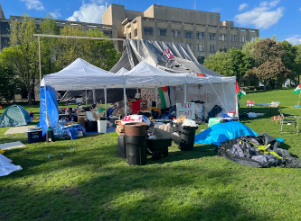
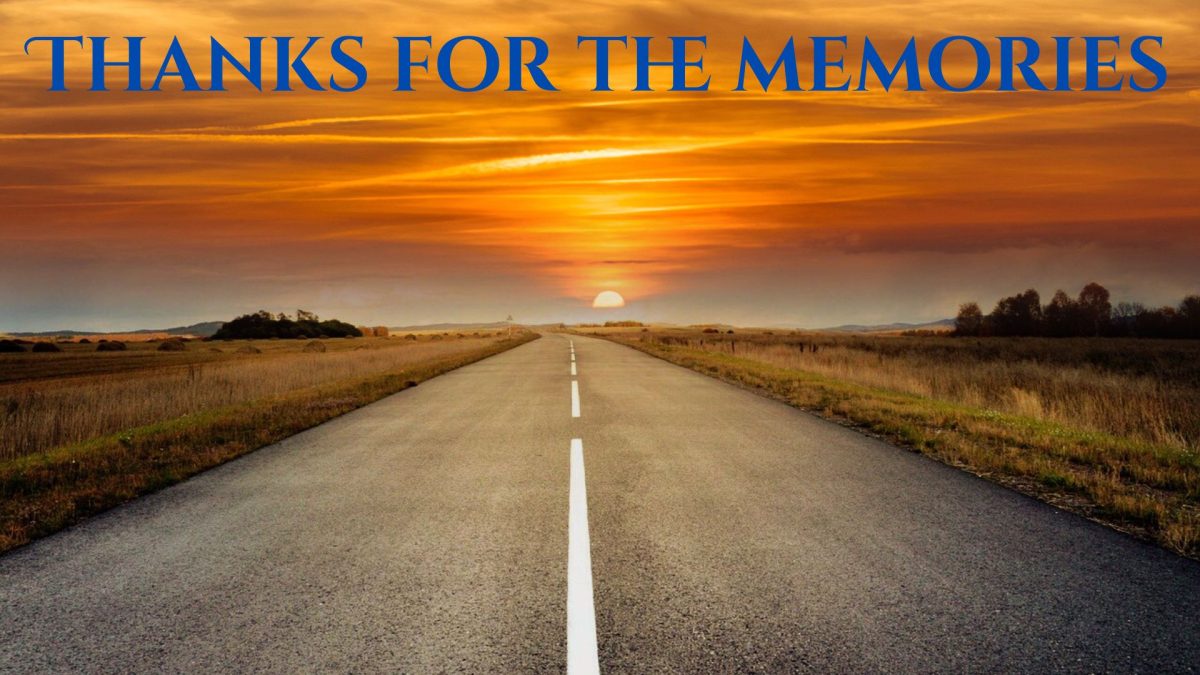

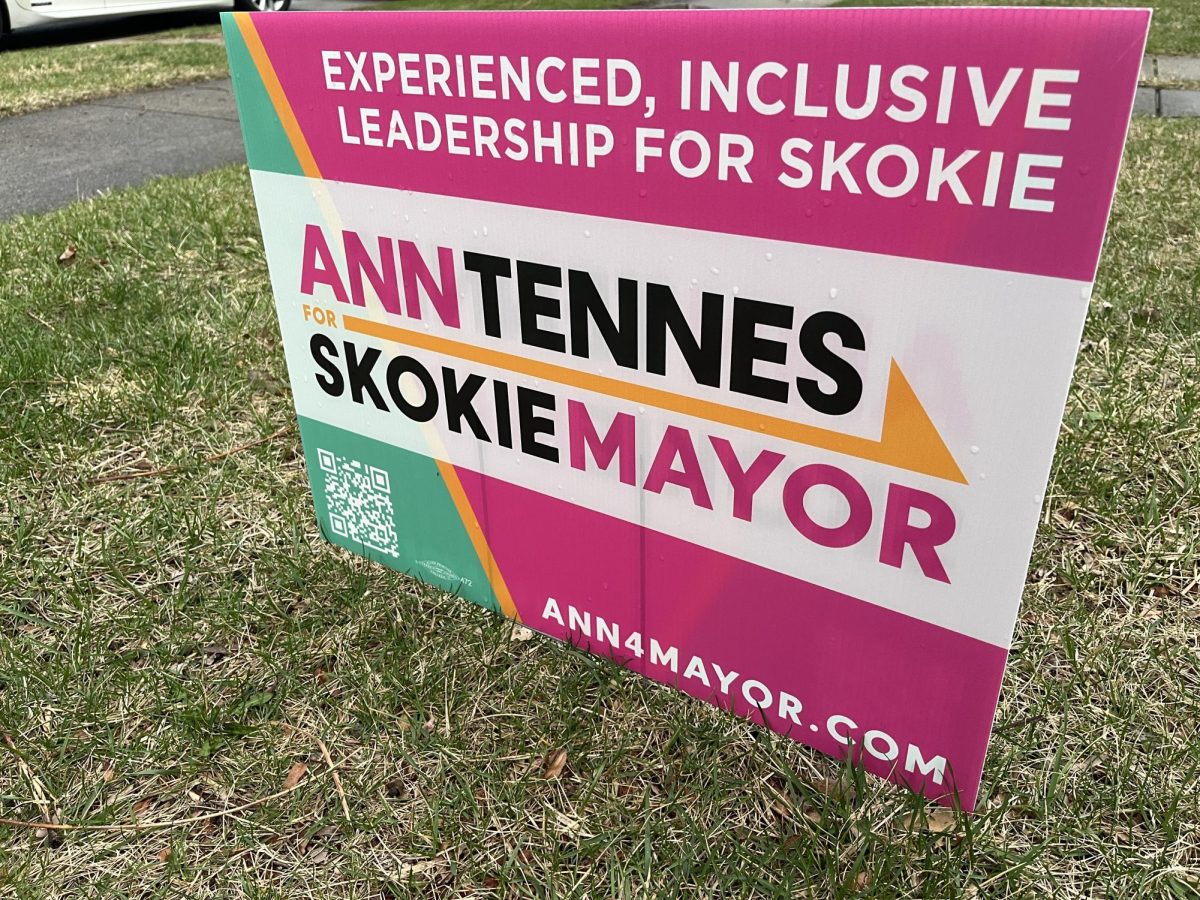


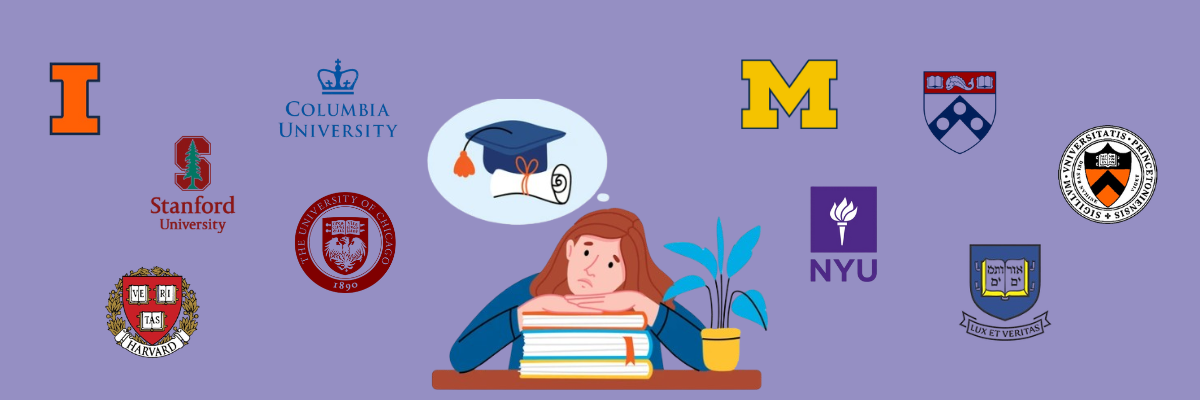
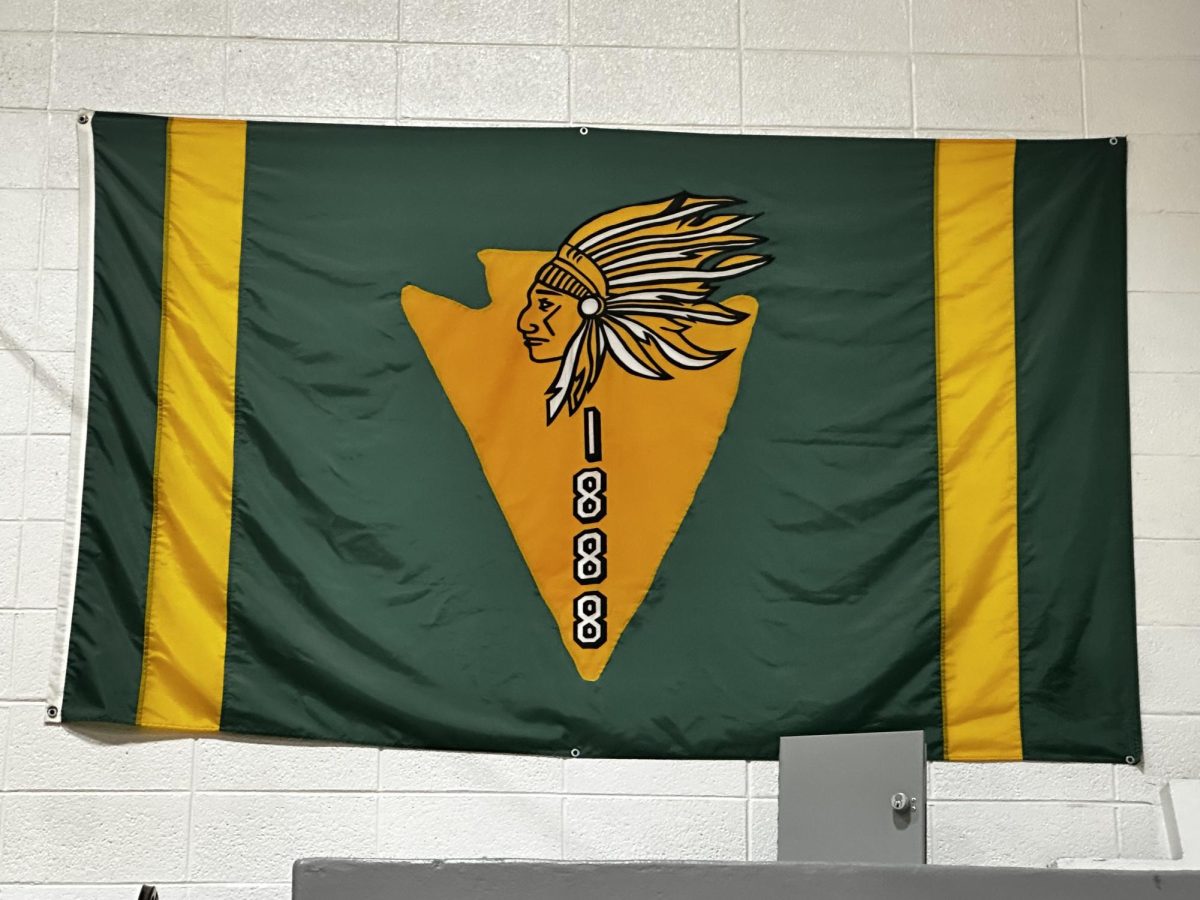
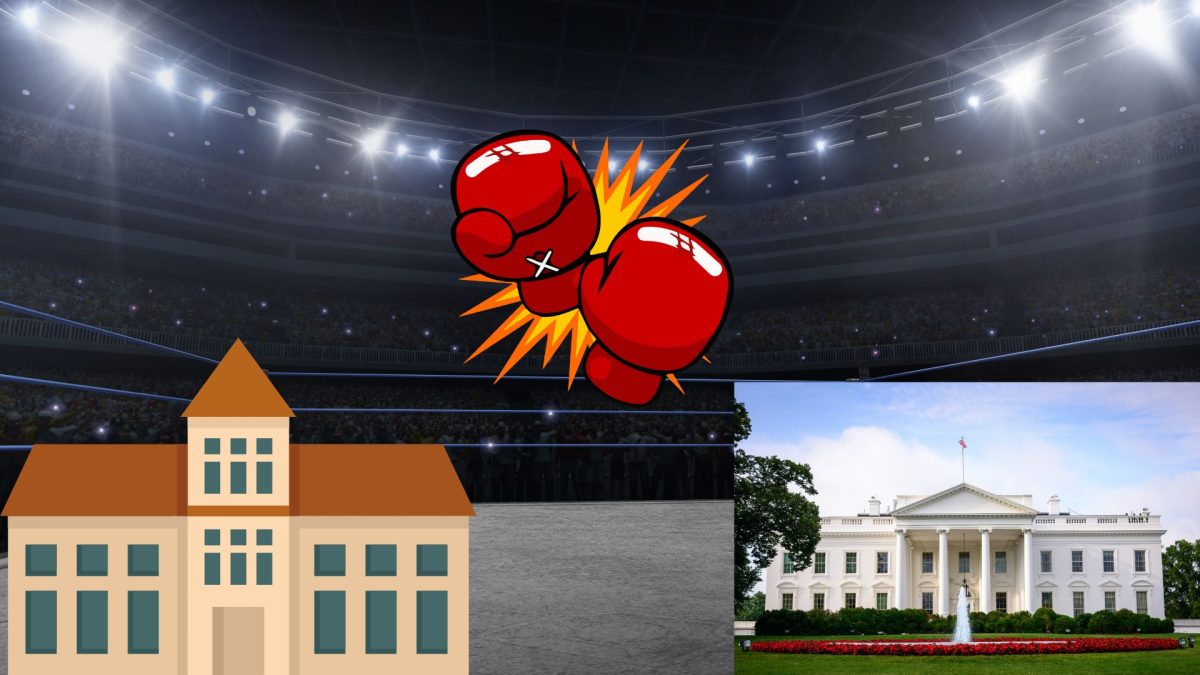
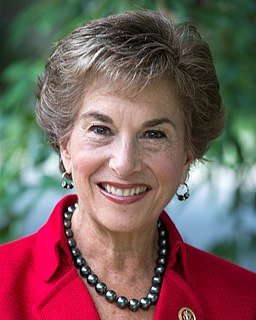
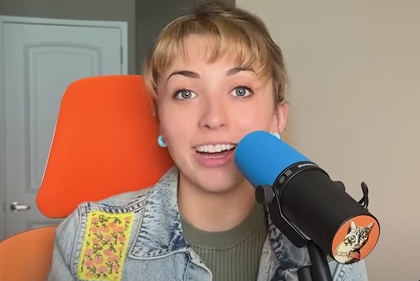

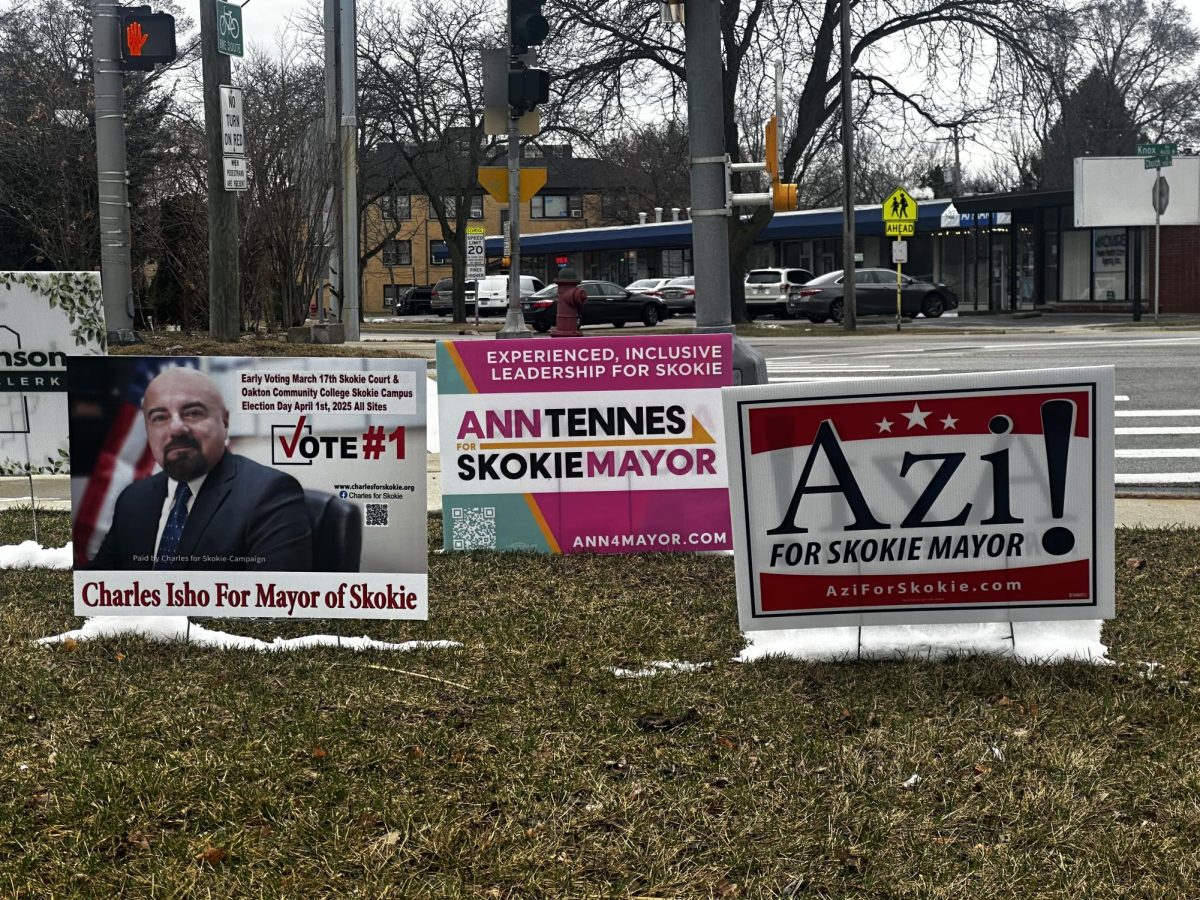
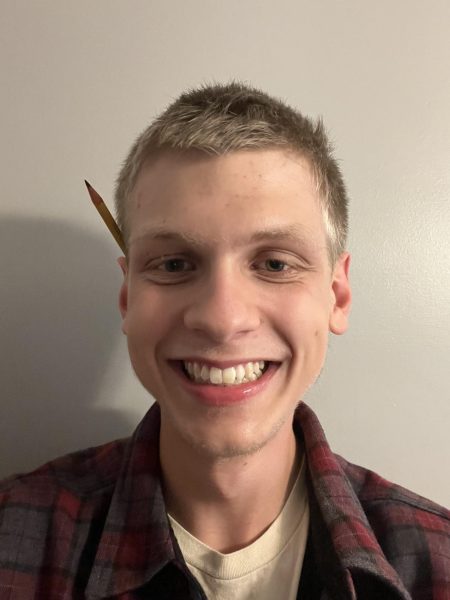
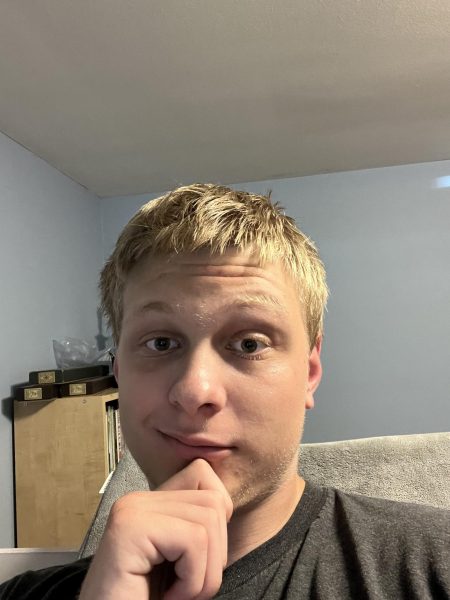
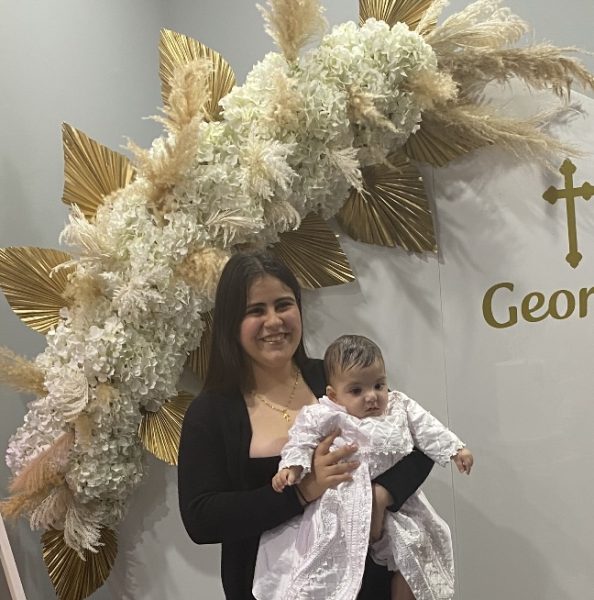
Ruby • May 17, 2024 at 6:03 pm
Love the point of muslim-jewish solidarity. so important to highlight!! also important to note that Palestine and Israel have always been muslim and jewish homelands. jewish people did not suddenly come to Israel after World War II. Jewish and muslim people had been living in the region alongside each other for hundreds of years. both are indigenous!!!!
Ruby • May 17, 2024 at 6:00 pm
interesting point about “semitic” peoples from Ammar. Important to note that the term antisemitism was invented in the 1700s to refer specifically to Jew hatred. The whole concept of “Semites” isn’t concrete because it’s actually a racialization of peoples of the Middle East by Europeans. In reality, “semitic” refers to a branch of languages spoken. However, in Europe, the people who were “Semitic” speakers and who were from the east originally were Jews. So it was created to refer strictly to hatred against us. Hatred against Arabs is called anti-Arab-racism.